Is Legal Cannabis CRE’s Next Big Tenant?
A new multibillion-dollar industry is emerging. How do risks and rewards stack up for commercial real estate investors, operators and advisers?
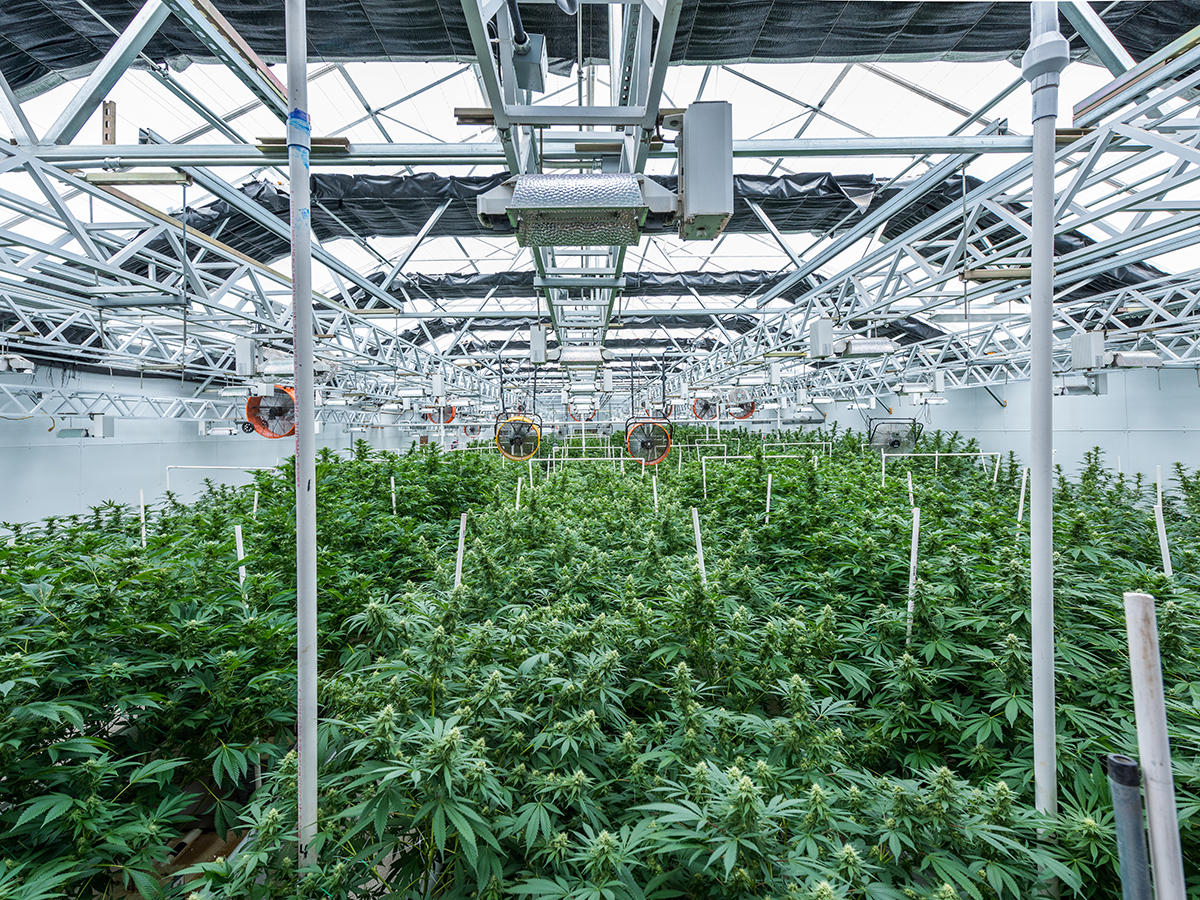
The Chino Valley Cannabis Park in Chino Valley, Ariz., is a zoned property with rights for large-scale cannabis development. Image courtesy of Zoned Properties Inc.
With 10 states plus Washington, D.C., legalizing cannabis for recreational use and medical marijuana legal in another 23 states, the marijuana industry is providing an opportunity for those in the commercial real estate to dip their toes into something new. According to the National Institute for Cannabis Investors, legal cannabis sales are projected to grow from $10.8 billion in 2019 to nearly $100 billion in the next five years.
Even at this early stage, the legal cannabis business appears to be exerting an impact on commercial real estate, According to a National Association of Realtors study, 34 percent of commercial members report an increased demand for warehouse space in states where medical marijuana is legal. Another 31 percent have seen an uptick in retail demand and another 18 percent report a similar increase in land demand.
“Cannabis seems to have the fastest growth projection of any major up-and-coming industry,” noted Charles Jack IV, senior managing director, Integra Realty Resources. “More states are likely to approve not only medical, but (adult recreational use).” Adult recreational use generates 80 percent Nevada’s marijuana-related revenues, he notes. But unique nature of the legal cannabis business dictates that potential participants should do their homework thoroughly before making the decision to enter the business.
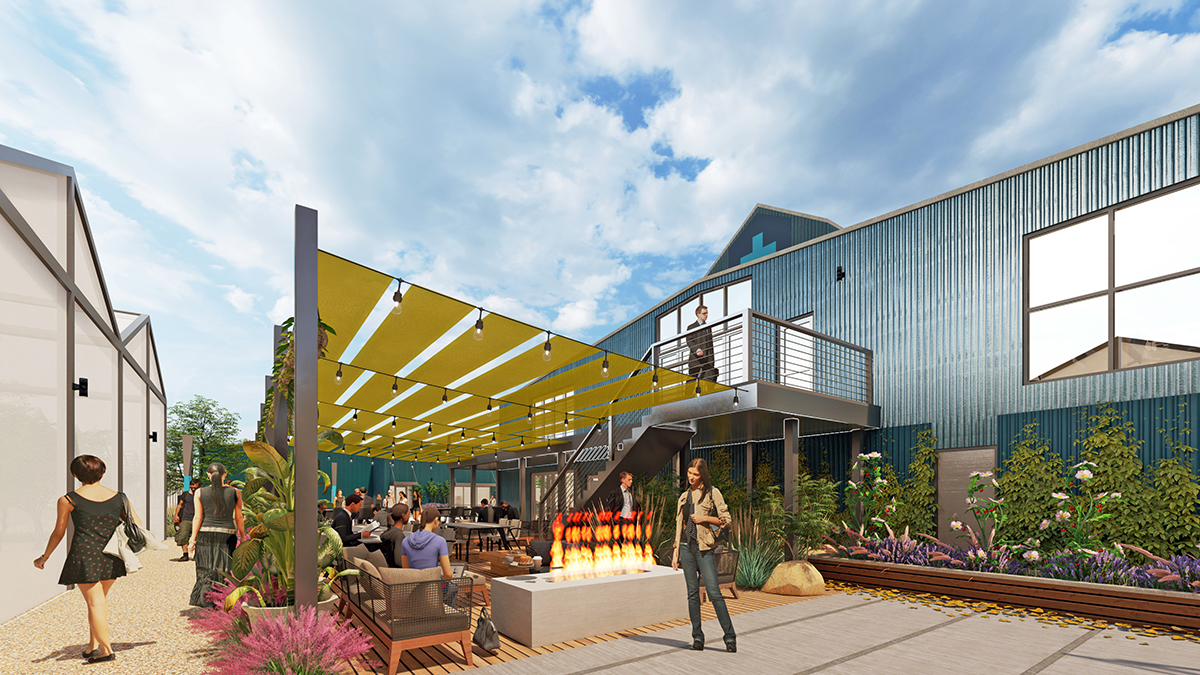
Natura Life + Science’s first facility in Sacramento, which will span 265,000 square feet. Rendering courtesy of Natura Life + Science
High Hurdles
One of the most prominent challenges of the cannabis space within commercial real estate is the regulatory side of the business. Typically, cannabis production and dispensary facilities must be located at least 100 feet from residential neighborhoods and 1,000 feet from places frequented by children or minors. This includes city parks, schools, churches, childcare centers, playgrounds, libraries and residential care facilities.
For investors looking to enter this specialized market, location is a crucial factor in success, as it is for any asset category. “Where these buildings and properties are allowed to be operated is either like finding a needle in a haystack, or it’s open season and the market is too saturated,” said Bryan McLaren, chairman & CEO, Zoned Properties.
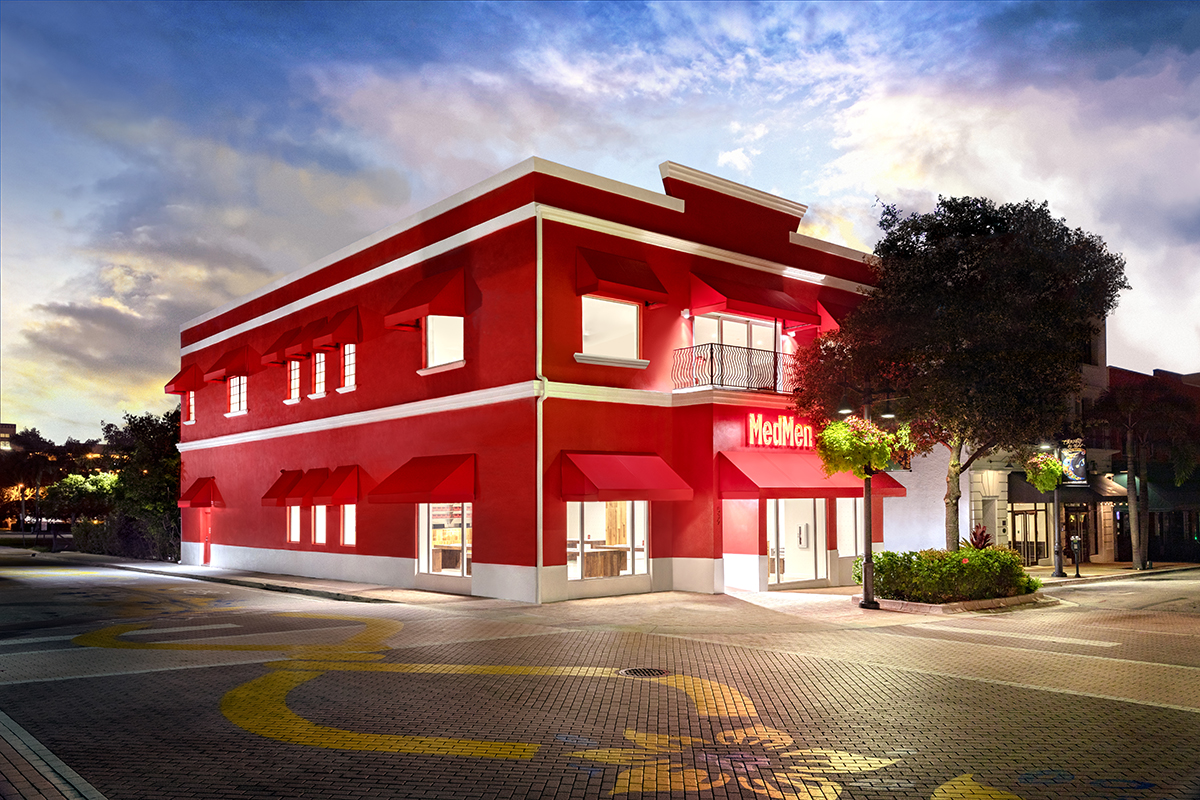
Legalized medical marijuana dispensary at 539 Clematis St., West Palm Beach, Fla. Rendering courtesy of MedMen
Even in states where the production and sale of cannabis products are completely legal, there could still be pushback from NIMBY-minded community members. According to the National Association of Realtors, the concern about marijuana-related properties raised most frequently among the organization’s commercial members is the smell, followed by theft of cash on property, fire hazards and moisture issues.
Some states and municipalities may restrict the development or operation of facilities, which creates greater barriers to entry and an uptick in competition. That pushes development into more remote, less densely populated locations, such as the desert, where keeping facilities secure is generally easier and a facility is less likely to disrupt a residential neighborhood. As new laws take effect, permits and approvals will come with a learning curve. That makes it especially important for all team members—investors, developers, operators, tenants and owners—to be on the same page and to be familiar with rules regarding a cultivation facility or dispensary.
“Most of the licensees get bombarded (daily) with solicitations from real estate brokers and owners who are unsophisticated within the cannabis space,” explained Senior Director Rob Foster of Tower Commercial Real Estate. Unless those professionals can bring extensive experience with cannabis-related work to the table, getting in front of operators is an uphill climb, he added. In some cases, it is advisable for operators to find partners that have specialized experience in the cannabis business.
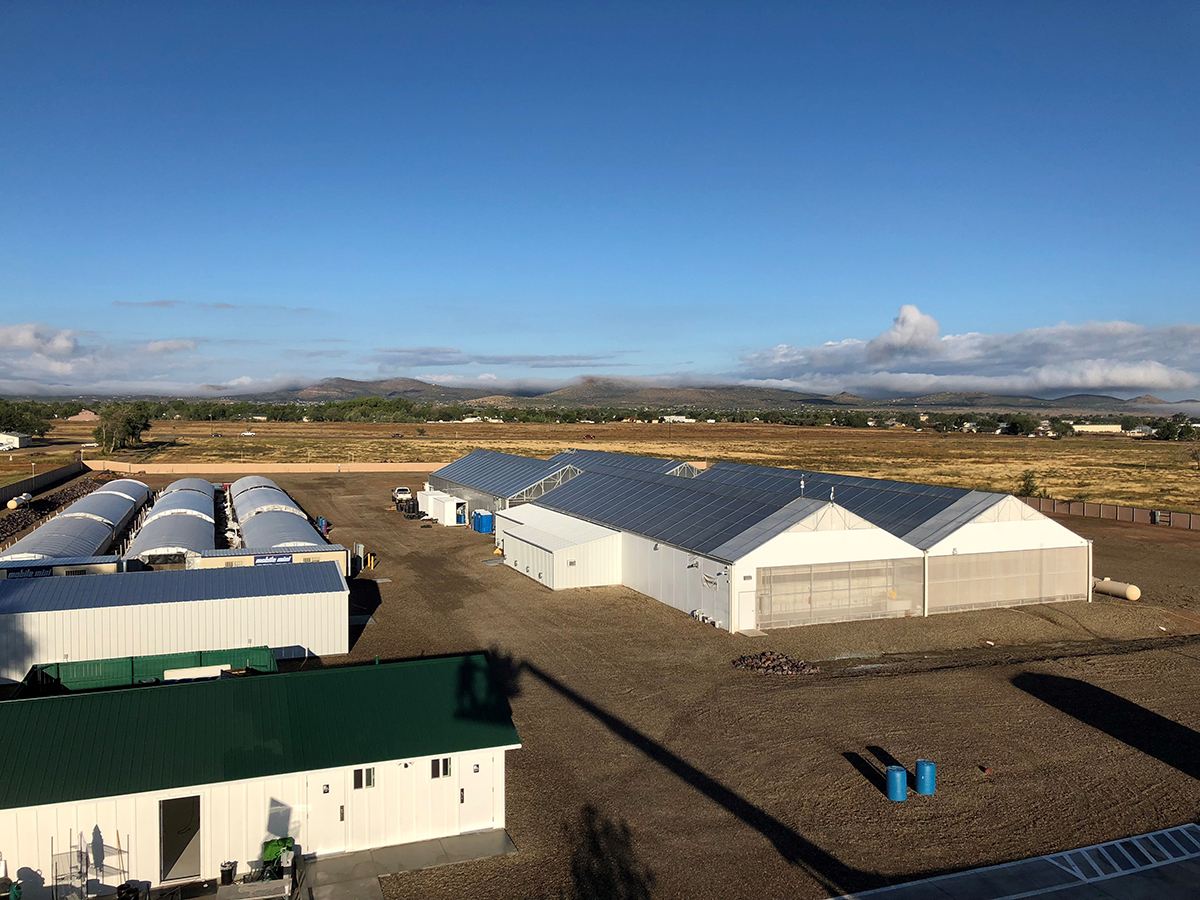
The 7-acre secured Chino Valley Cannabis Park includes 50,000 square feet of constructed space, of which 40,000 square feet has been developed as cultivation building area and 10,000 square feet of operational support area. Image courtesy of Zoned Properties Inc.
Financing poses another major challenge. Because marijuana is still an illegal narcotic under federal law, banks and institutional lenders will not finance cannabis-related real estate acquisitions or development. As a result, real estate deals require cash upfront or private capital sources. That makes it harder for smaller firms to secure the funds necessary to enter the market.
“There is a lot of consolidation happening within the cannabis space,” said Ori Bytton, founder & CEO of Natura Life + Science, a co-manufacturing facility in development in Sacramento, Calif., and founder of We Grow CA, a real estate management company specializing in leased cannabis industrial space. “Some of these smaller companies can’t handle the regulations and financial burdens. This business is hard to navigate, so you need to understand what you’re doing.”
In addition to funding, those looking to enter the cannabis real estate space should also choose advisers carefully. “Avoid attorneys and consultants that will charge you extra just because they can, since this is a risky business area,” McLaren warned. “Instead, find mentors and advisors that will charge appropriately and assist with your investment.”
The Grass Gets Greener
While the cannabis sector poses unusual challenges at every turn, the cannabis real estate market offers significant upside potential. In a 2018 survey by Denver-based Proptech developer Apto, 76 percent of commercial real estate brokers handling cannabis-related property transactions in states where the drug is legal in some form reported those deals pricing above market.
When potential investors are putting a strategy in place, knowledge is a key component. As with any other specialized real estate market, it’s vital to become educated on the cannabis industry, state and local regulations and the geographic area targeted for investment. “The industry itself has several degrees of difficulty in getting off the (starting) line, which creates a challenging environment to enter,” said Scott Allen, senior managing director, Tower Commercial Real Estate. “The goal is to move the process as quickly as possible.” He recommends becoming an expert in the local market and finding the best location allowed under local zoning.
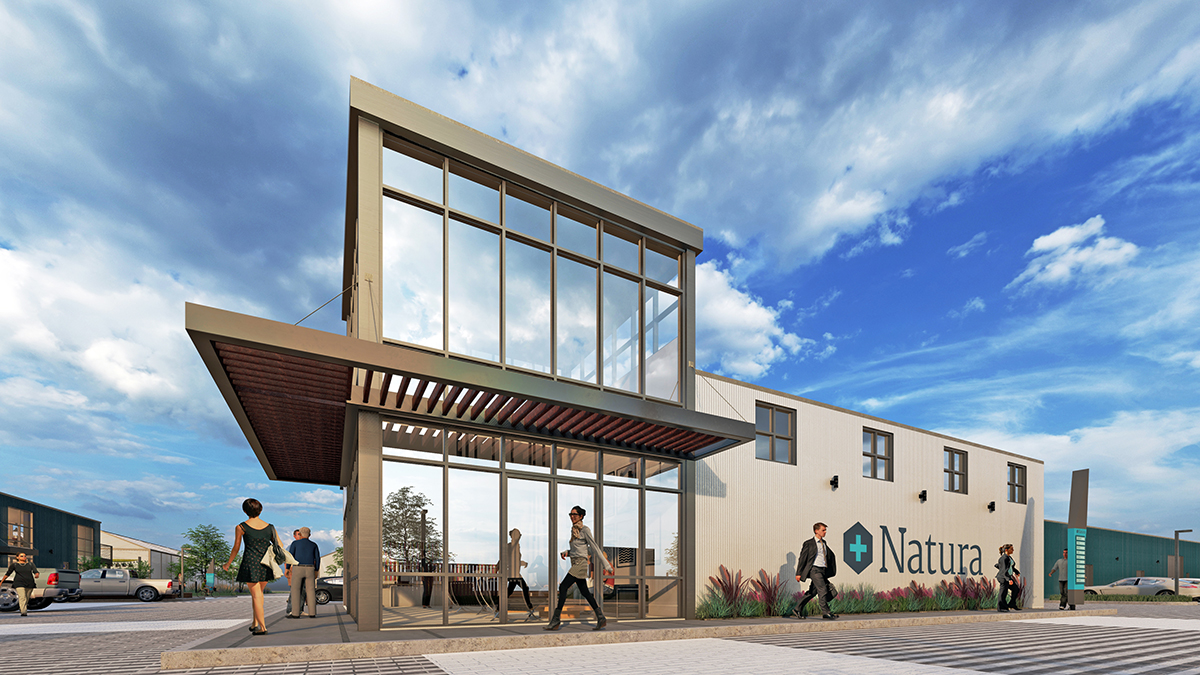
The Sacramento facility services such as cultivation, manufacturing and extraction, wholesale packaging and distribution, a delivery-only dispensary, and branding and marketing services. Rendering courtesy of Natura Life + Science
From there, it’s about working out the cost of the development or investment while making sure not to overspend. Depending on location, operators can choose to focus on retail dispensaries, cultivation facilities in an industrial facility or running outdoor greenhouses as a lower-cost alternative. “Sometimes firms don’t realize they might get into a situation where the buildout of a cultivation facility can be expensive, more so than the building they purchased,” noted Jack. “Those in the real estate space have to understand they’re still dealing with a product that is illegal at the federal level. If there are issues, your property could be subject to a shutdown.”
That said, the cannabis business offers investors, operators and advisers considerable options in exchange for a level of risk that is decidedly higher than for most other real estate sectors. It’s an emerging industry with a range of opportunities for involvement.
“Investors are trying to put their dollars where growth opportunity exists. Those strategies might shift, but there is good risk mitigation on the real estate side of things,” stressed McLoren. “If there are challenges with the business itself, at the end of the day, these operators still have an asset that presents physical value, instead of a complete loss.”

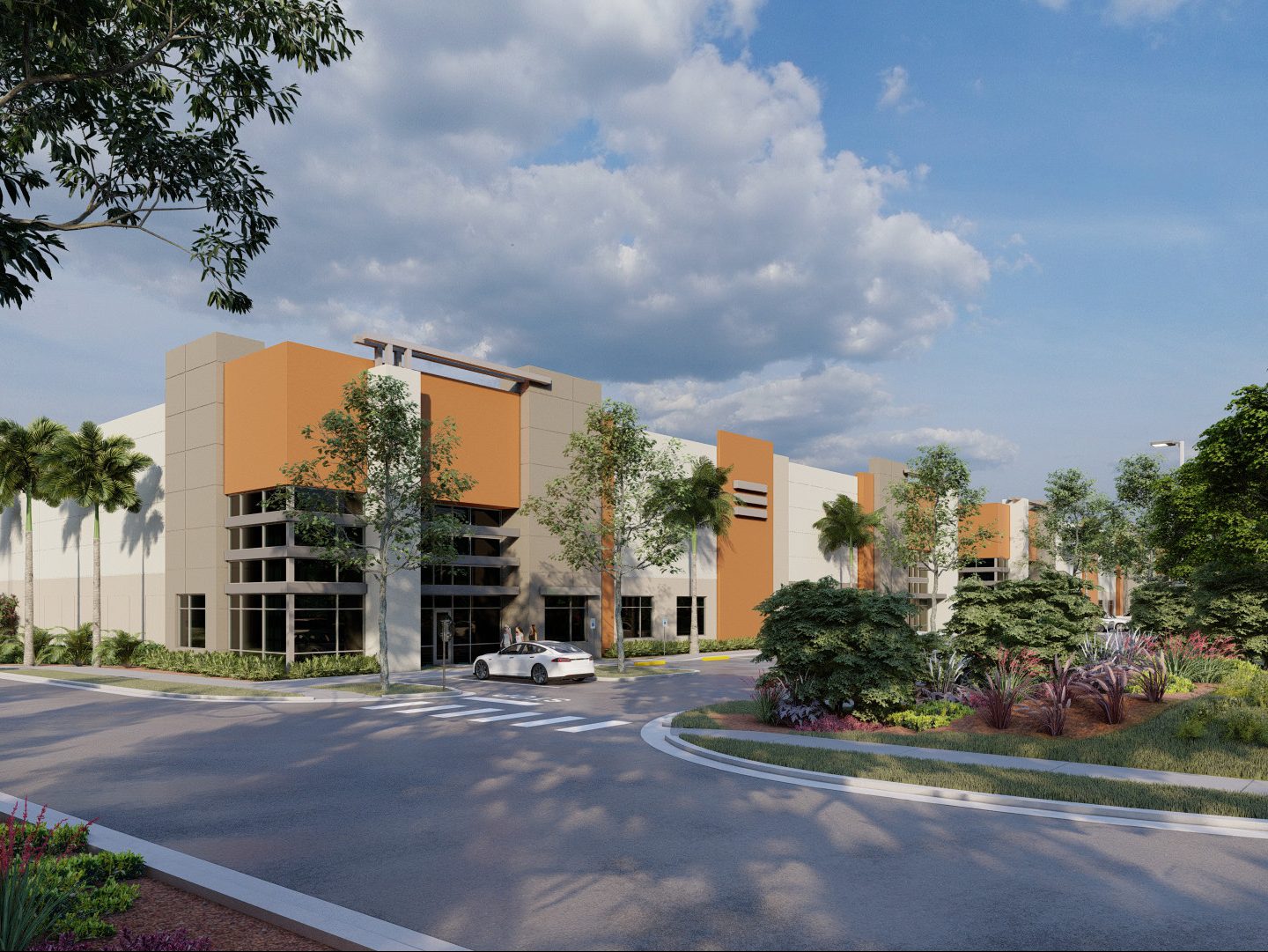
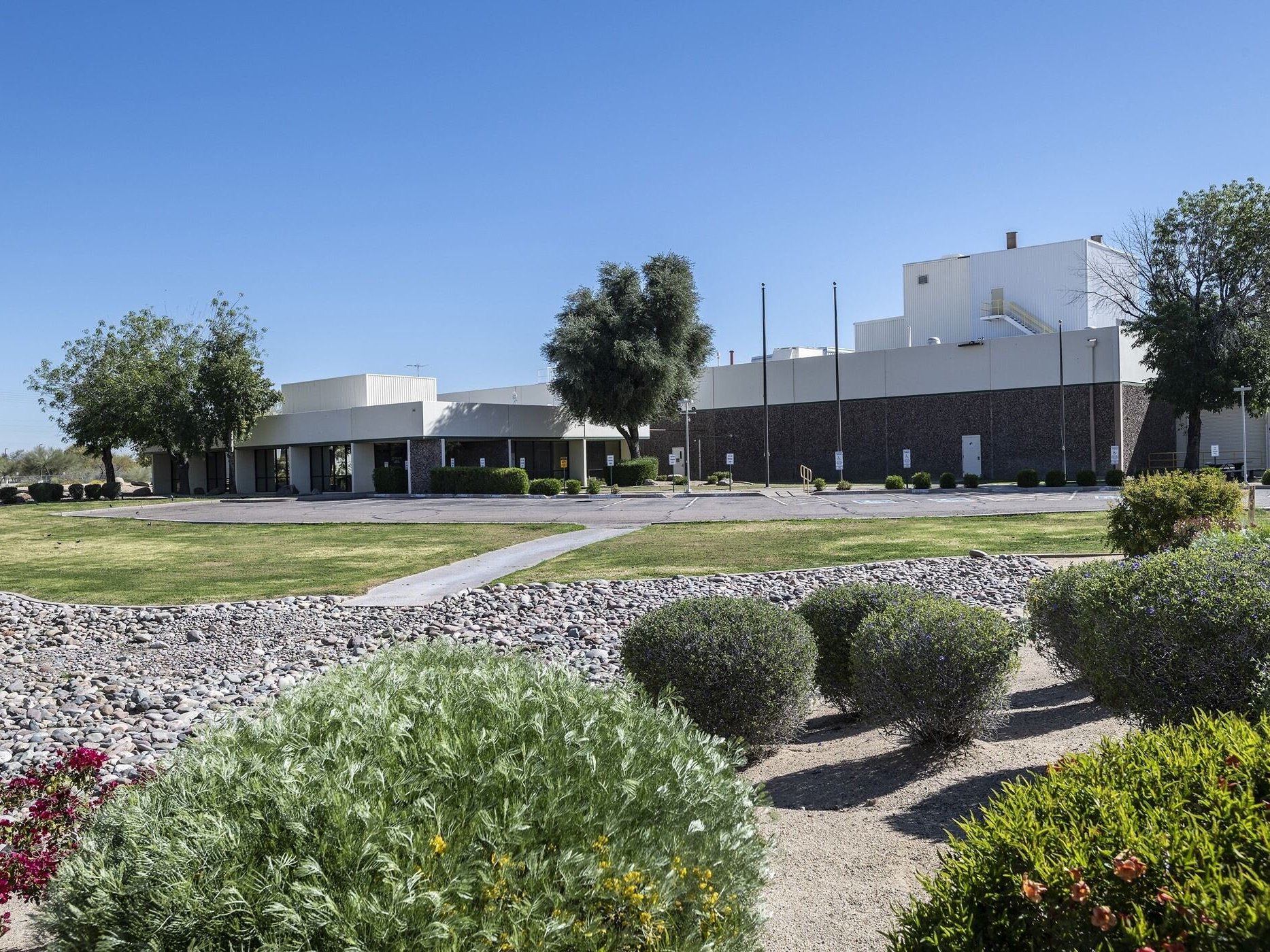

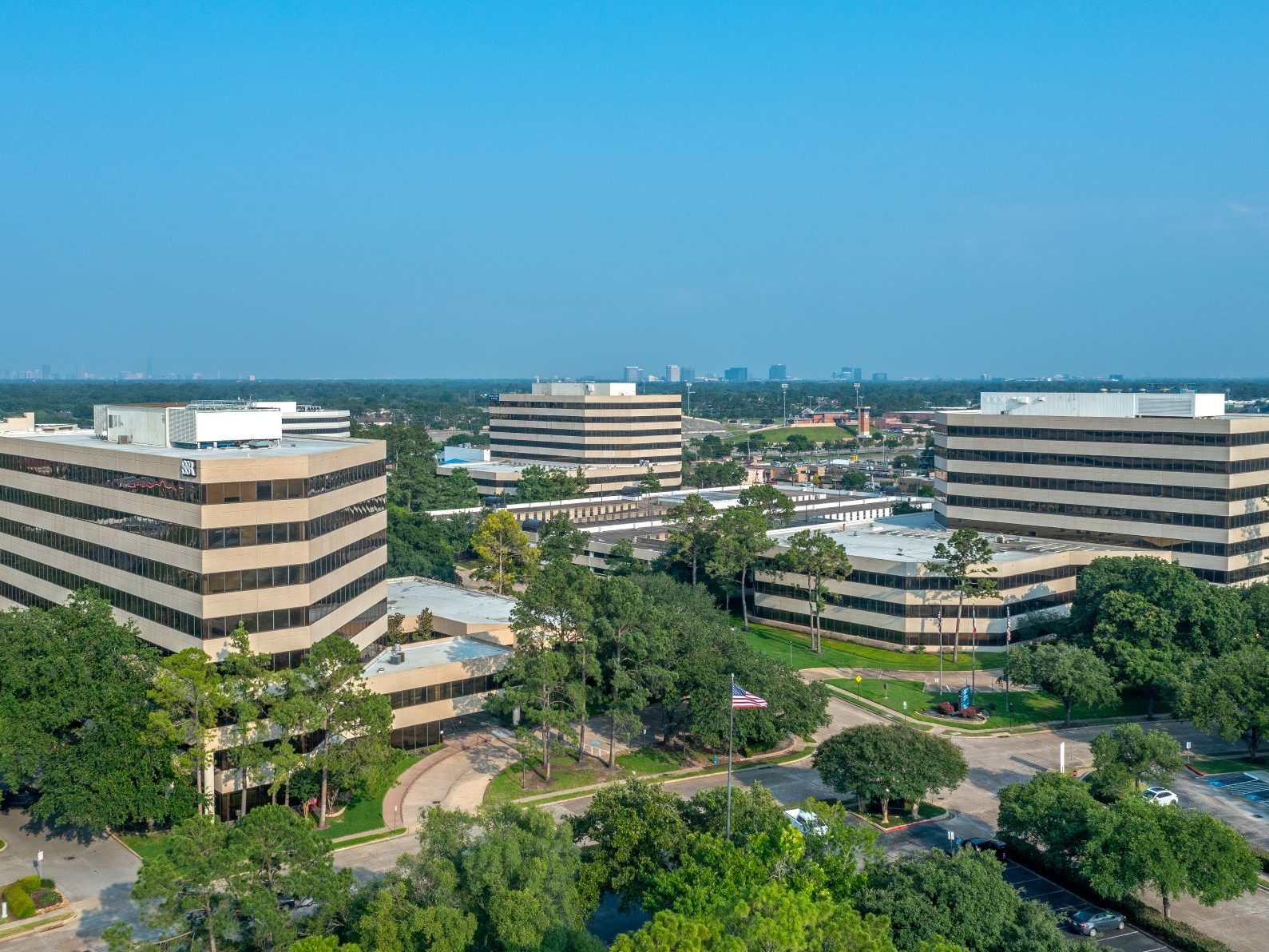

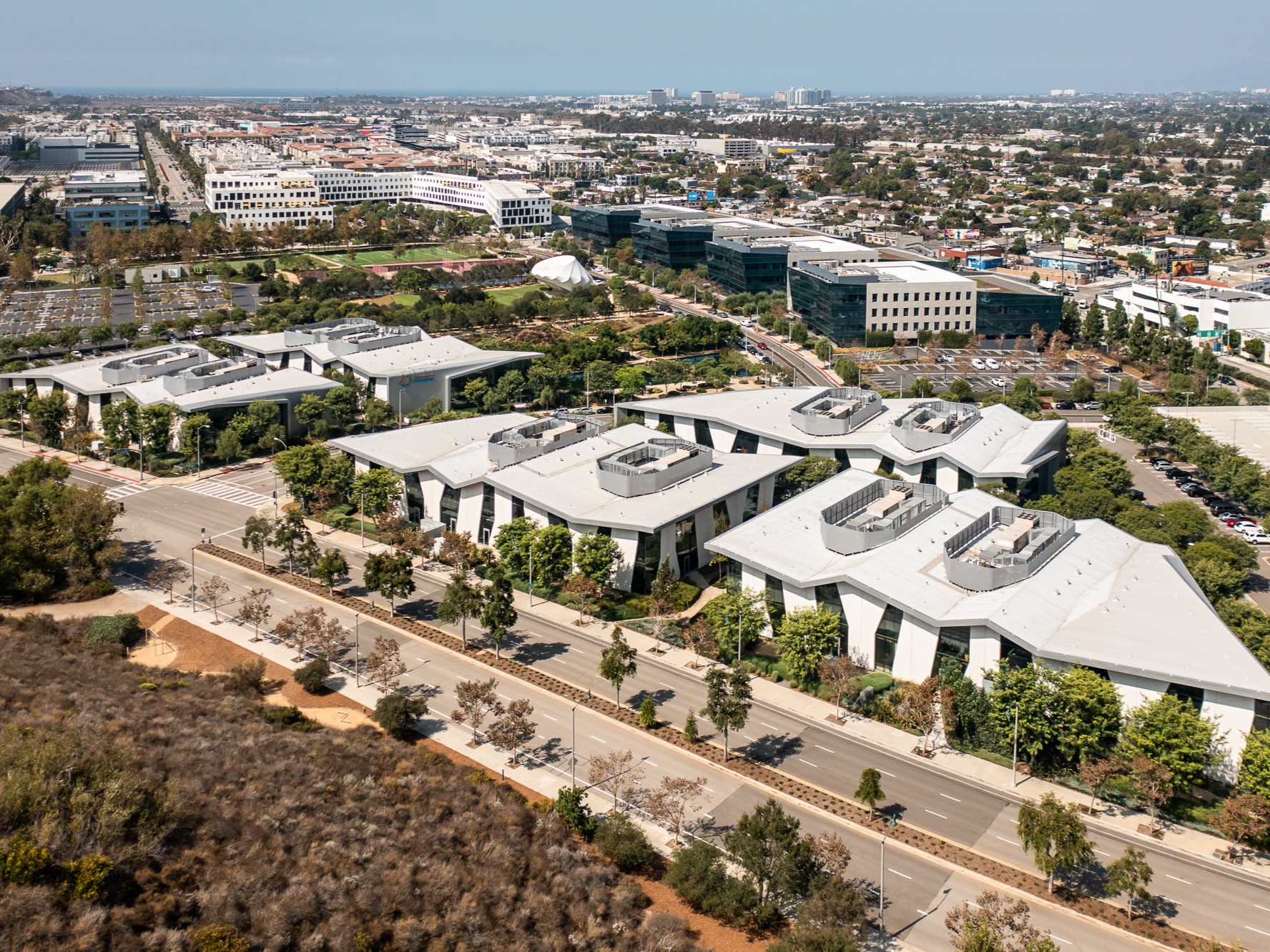
You must be logged in to post a comment.